British Empire at its territorial peak Vivid Maps

British Empire Map 1914
Page 5 - The war at home. New Zealand played a small but useful part in the British Empire's war effort, and its essential war aim was achieved with the defeat of Germany and its allies in late 1918. Page 6 - The legacy of war. The war had a major impact on constitutional arrangements within the British Empire, and it affected New Zealand's.
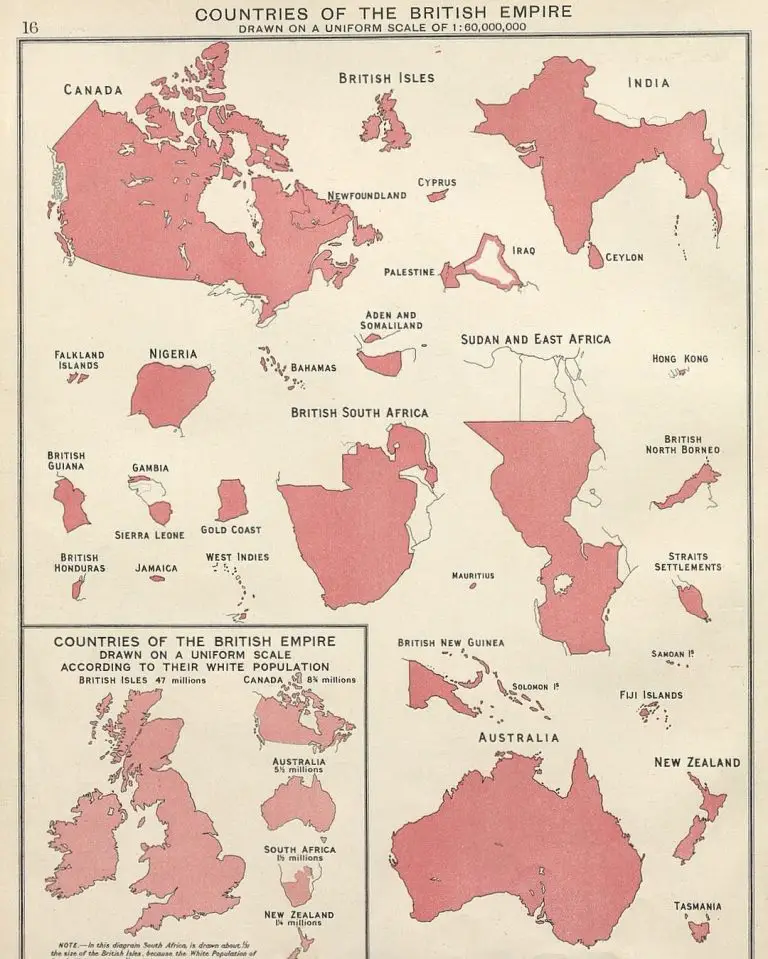
British Empire at its territorial peak Vivid Maps
Indigenous peoples in colonies such as Australia, New Zealand and Canada were severely harmed by the invasion of their traditional lands, and thousands were killed as the British sought to cement.

The Legacy Of The British Empire Historic Cornwall
Before the pandemic, tourism was New Zealand's largest source of foreign exchange and accounted for about 5.5% of gross domestic product (GDP). The reviving sector is expected to have supported.
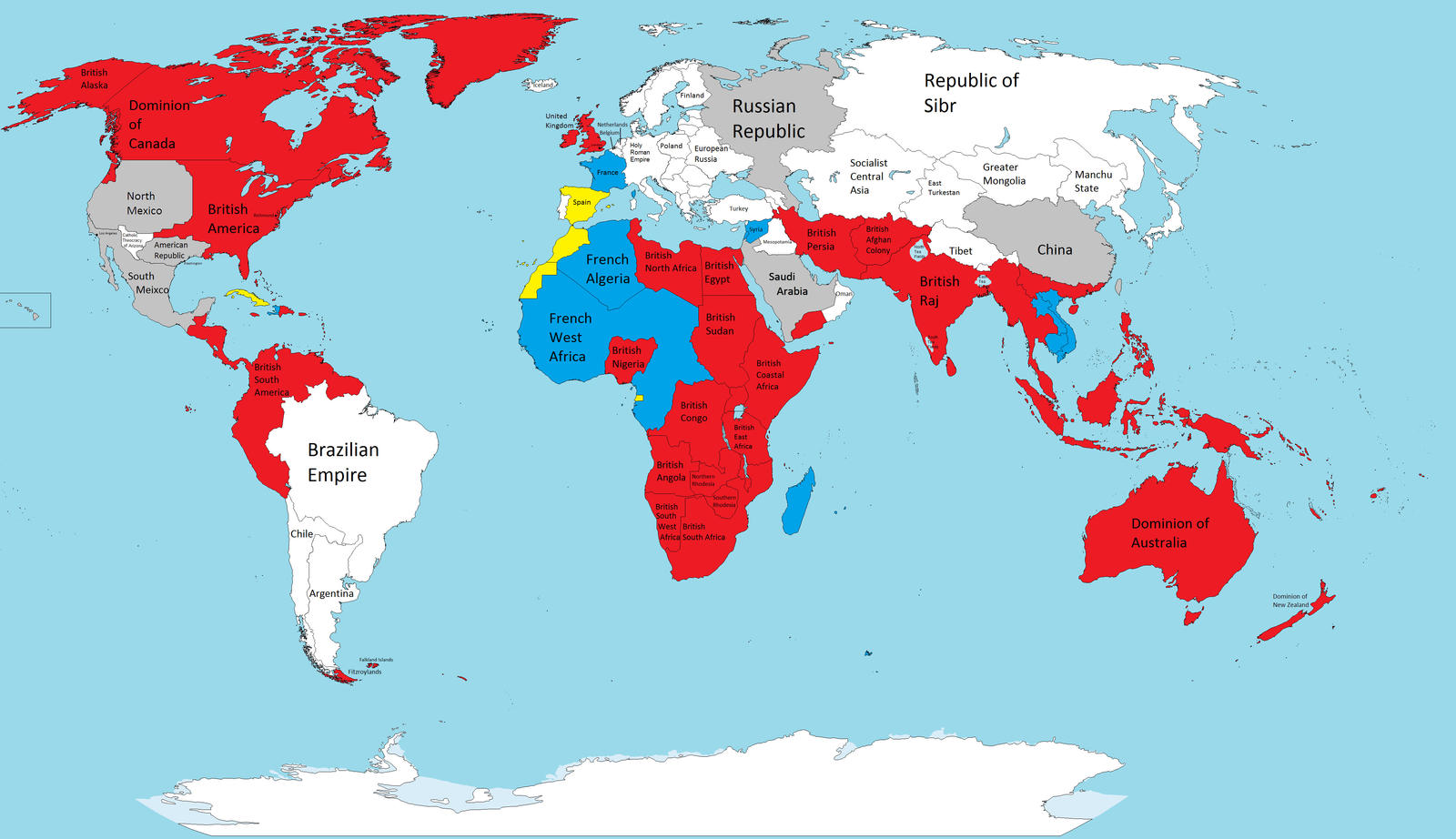
British Empire
Present-day New Zealand has at least 60 percent fewer forests than before European colonization. That habitat loss resulted in the extinction of dozens of endemic bird species. The lasting impacts of colonial conservation. In Australia in the late 1700s, British colonizers banned the centuries-old Indigenous practice of controlled burning in.

The Story of Colonisation in New Zealand
The apology was the latest in a line of dozens that the government has made since the mid-1990s as part of New Zealand's effort to provide redress to Māori people for how British colonizers.
Comprehensive map of the British Empire its colonies, territories
history of New Zealand, a survey of the important events and people in the history of New Zealand from the time of Polynesian settlement. Comprising two main islands and a number of small islands, New Zealand is a remote country in the South Pacific Ocean, lying more than 1,000 miles (1,600 km) southeast of Australia.

The British Colonization of New Zealand The History of New Zealand
Page 1 - Introduction. In 1914 the British Empire was at the height of its power and global influence. At its heart lay the United Kingdom, an industrial and financial juggernaut whose engineers and businessmen had been at the forefront of the industrial revolution for more than a century. From the adoption of railways and gas lighting to.
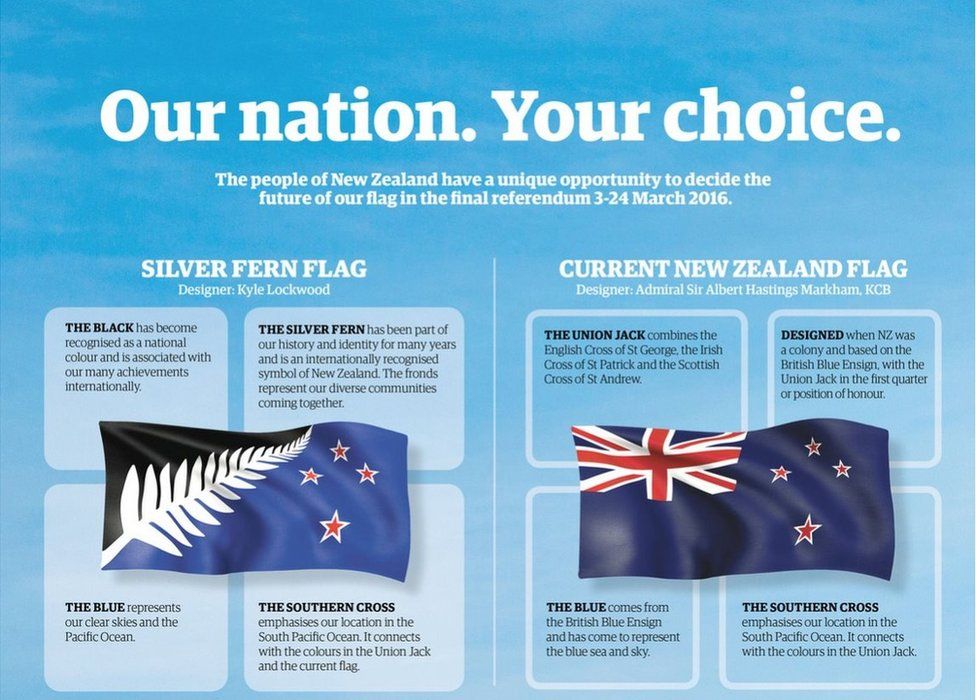
The tangled tale of New Zealand's flag debate BBC News
Influence. The English were therefore the most influential group in New Zealand. Their influence was magnified by other factors. They were often particularly well represented in the 19th century among the élite of the colony, and therefore had power. Among MPs in office between 1854 and 1890, they constituted almost half.
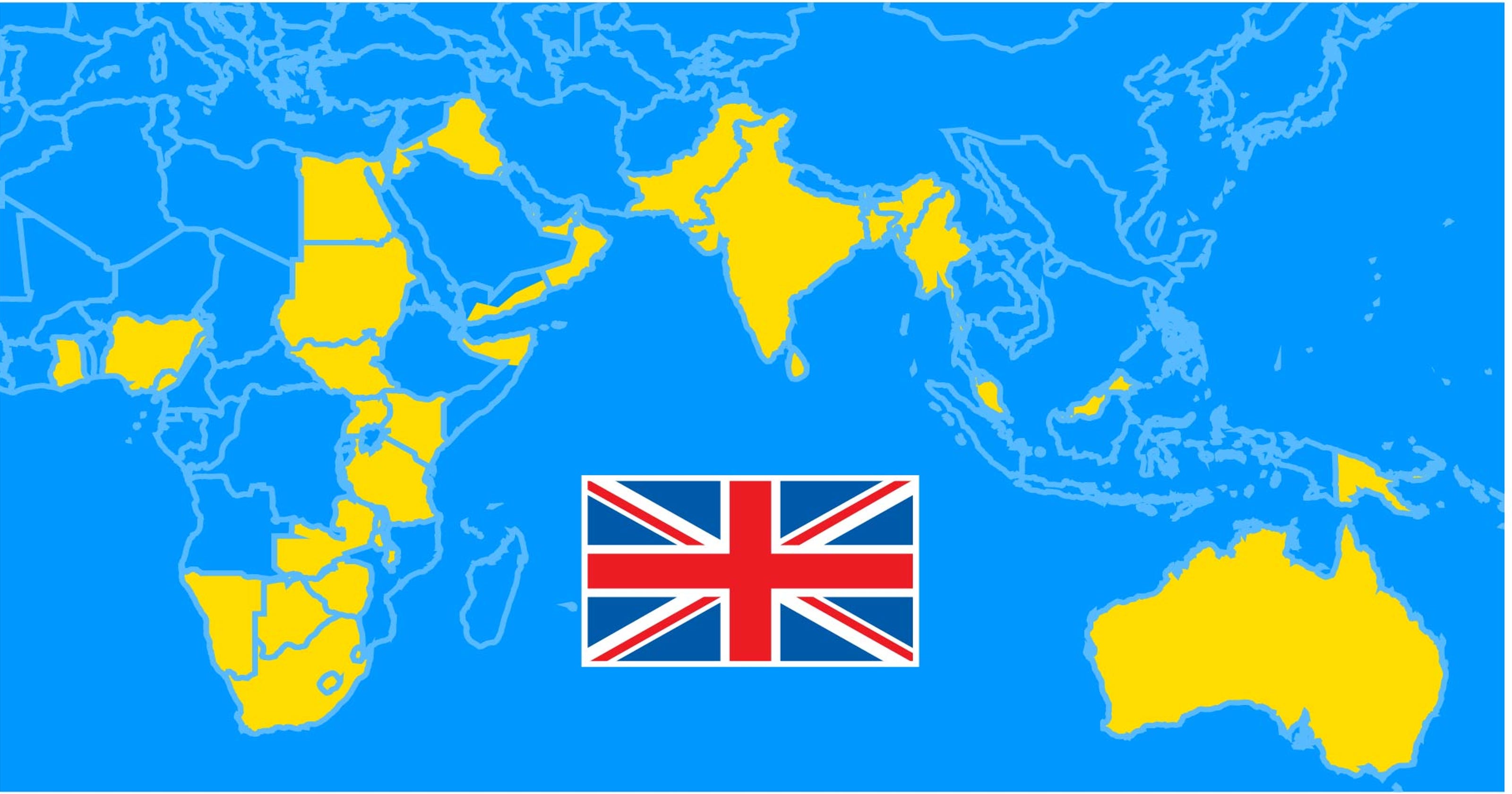
Graphic British territories, then and now
T wo years ago, a small pocket of land three kilometres from Auckland's international airport became the most prominent site of a struggle by Māori, New Zealand's indigenous people, to.
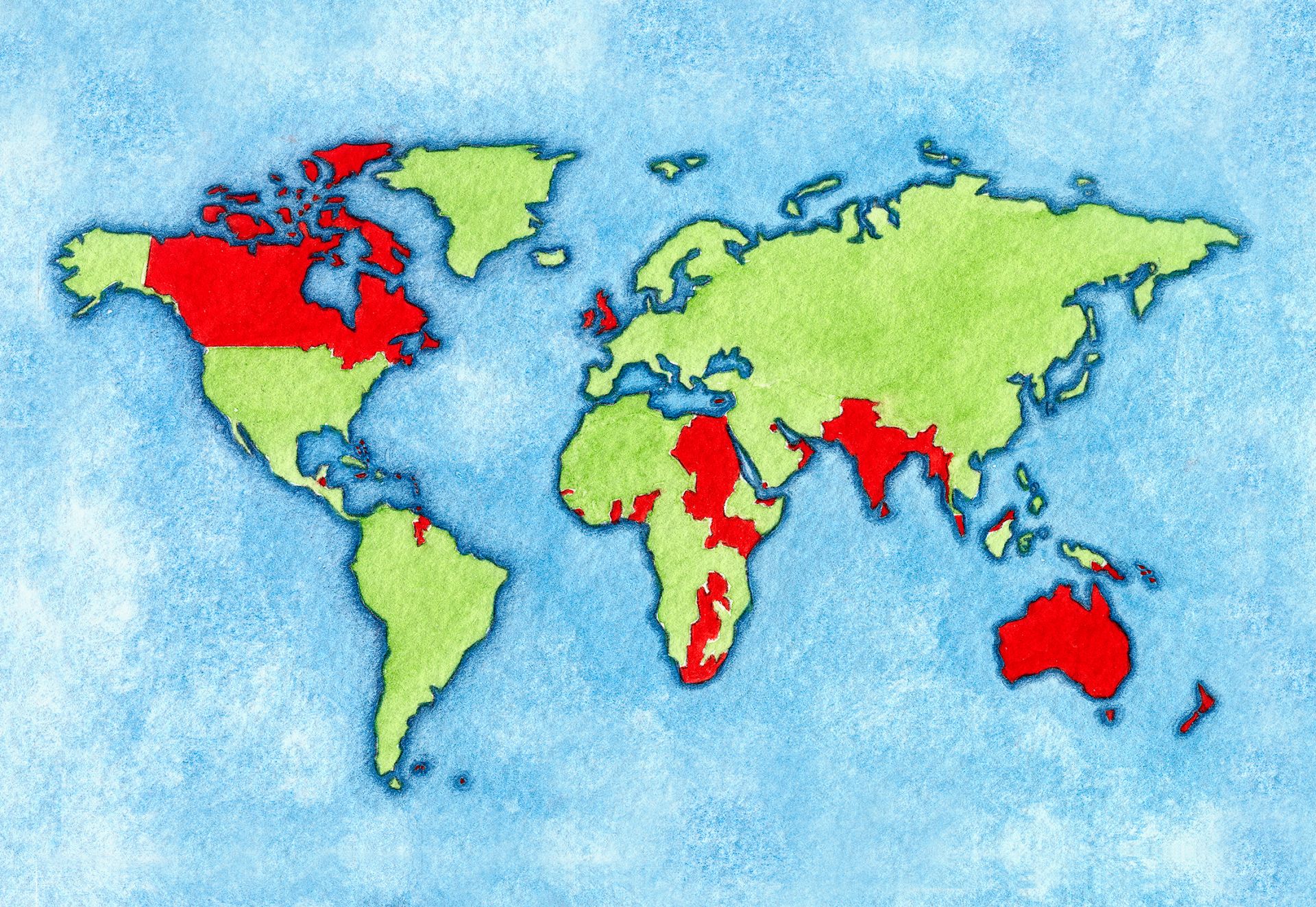
British Empire Facts Map Of British Empire DK Find Out
October 27, 2023 at 12:00 a.m. EDT. Eight months after a destructive cyclone hit New Zealand, Maori communities such as this one in the Tangoio Valley are still clearing piles of silt from ruined.

The growth of the British Empire was due in large part to the ongoing
The early 19th century marked a pivotal moment in the history of New Zealand with the onset of British colonisation. Aided by the increasing arrival of settlers and missionaries, the British…

The end of the British Empire and imperialism General History
This gesture was a response to a perceived German threat to Britain and reflected awareness that a strong British Empire was critical to New Zealand's security. HMS New Zealand cost New Zealand taxpayers £1.7 million (equivalent to $350 million in 2023). When the ship visited the dominion in 1913 for 10 weeks during a voyage around the world.

British Empire at its territorial peak Vivid Maps
In fact, April 25 itself has had its own ups and downs, shaped by New Zealanders' shifting connection to the British Empire. The rhetoric and practice of a national commemoration, led by the.

The British Empire A Global Powerhouse Historic Cornwall
During his first voyage, British navigator James Cook reached New Zealand on 6 October 1769. Secret directives had been supplied to Cook for this portion of his expedition, instructing him to search firstly for the fabled Terra Australis and, if unsuccessful, to make instead as extensive an exploration of the New Zealand coast as resources allowed. The document that Cook was given declared.
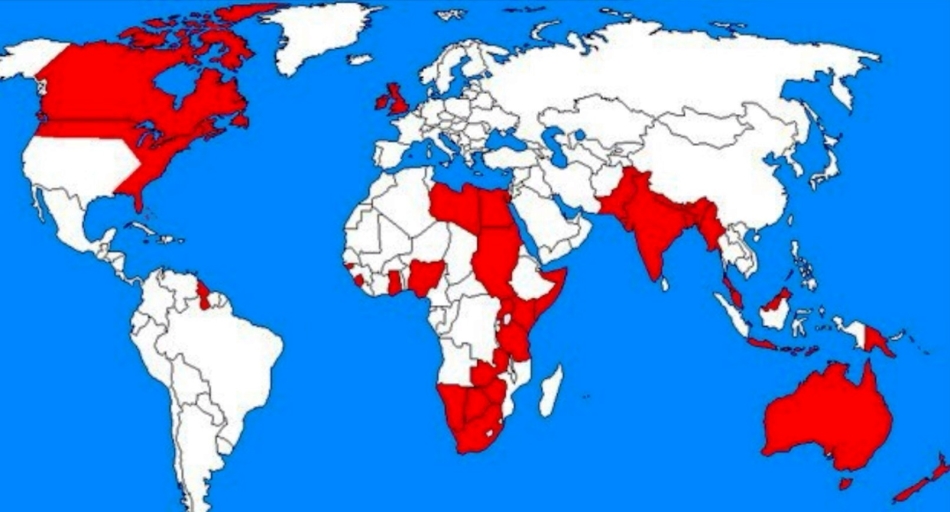
Карта великобритании на русском языке. столица великобритании на карте
The human history of New Zealand can be dated back to between 1320 and 1350 CE, when the main settlement period started, after it was discovered and settled by Polynesians, who developed a distinct Māori culture.Like other Pacific cultures, Māori society was centred on kinship links and connection with the land but, unlike them, it was adapted to a cool, temperate environment rather than a.

Historical Atlas of the British Empire Uk History, European History
A study by the statutory levy body the Agriculture and Horticulture Development Board has concluded that New Zealand exports to the UK would rise by "about 13,000 tonnes (31%) if China imposed a.